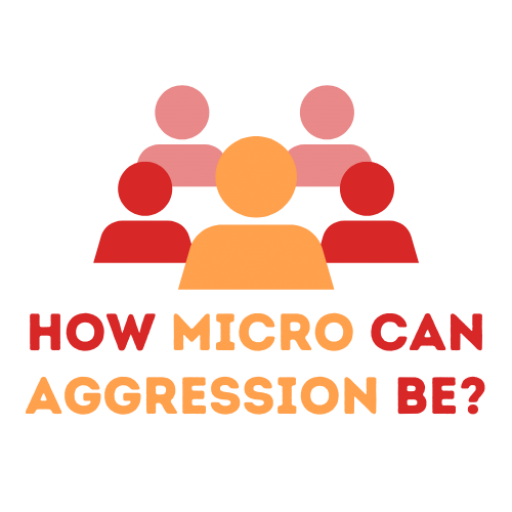Topic 2 Psychological Factors Contributing to Micro-aggressions
Micro-aggressions are often rooted in implicit biases and stereotypes individuals hold about marginalized groups. Various psychological factors can shape these biases, including socialization, media portrayals, and personal experiences.
The tendency to categorize and stereotype individuals based on their group membership is a natural cognitive process that helps us navigate the world. However, it can also lead to biases and prejudices. For example, an individual might assume that a person of a certain race is less intelligent or less competent based on stereotypes they have internalized. Stereotyping involves seeing someone primarily as a member of a group as opposed to an individual and assuming that the person shares all social, cultural, and behavioural traits with others in that group. Stereotype threat occurs across racial identity, gender, sexuality, age, disability, and even ethnicity and religion.
Another psychological factor that can contribute to micro-aggressions is the “ingroup bias,” which refers to the tendency to favour and feel more positively toward members of one’s group. This bias can lead individuals to make negative assumptions about individuals from different groups and to mistreat them.
Socialization also plays a role in the development of micro-aggressions. People are often socialized into certain attitudes and beliefs about marginalized groups through their families, peers, and broader cultural messages. For example, someone who grows up in a family that makes derogatory comments about immigrants may be more likely to engage in micro-aggressive behaviours toward people from immigrant backgrounds.
Finally, personal experiences can shape an individual’s attitudes and behaviours toward marginalized groups. Negative experiences with individuals from certain groups can lead to biases and prejudices, even if these experiences do not represent the group.
Overall, the psychological factors that contribute to micro-aggressions are complex and multifaceted. Understanding these factors can help individuals and organizations take steps to reduce micro-aggressive behaviour and create more inclusive environments.

